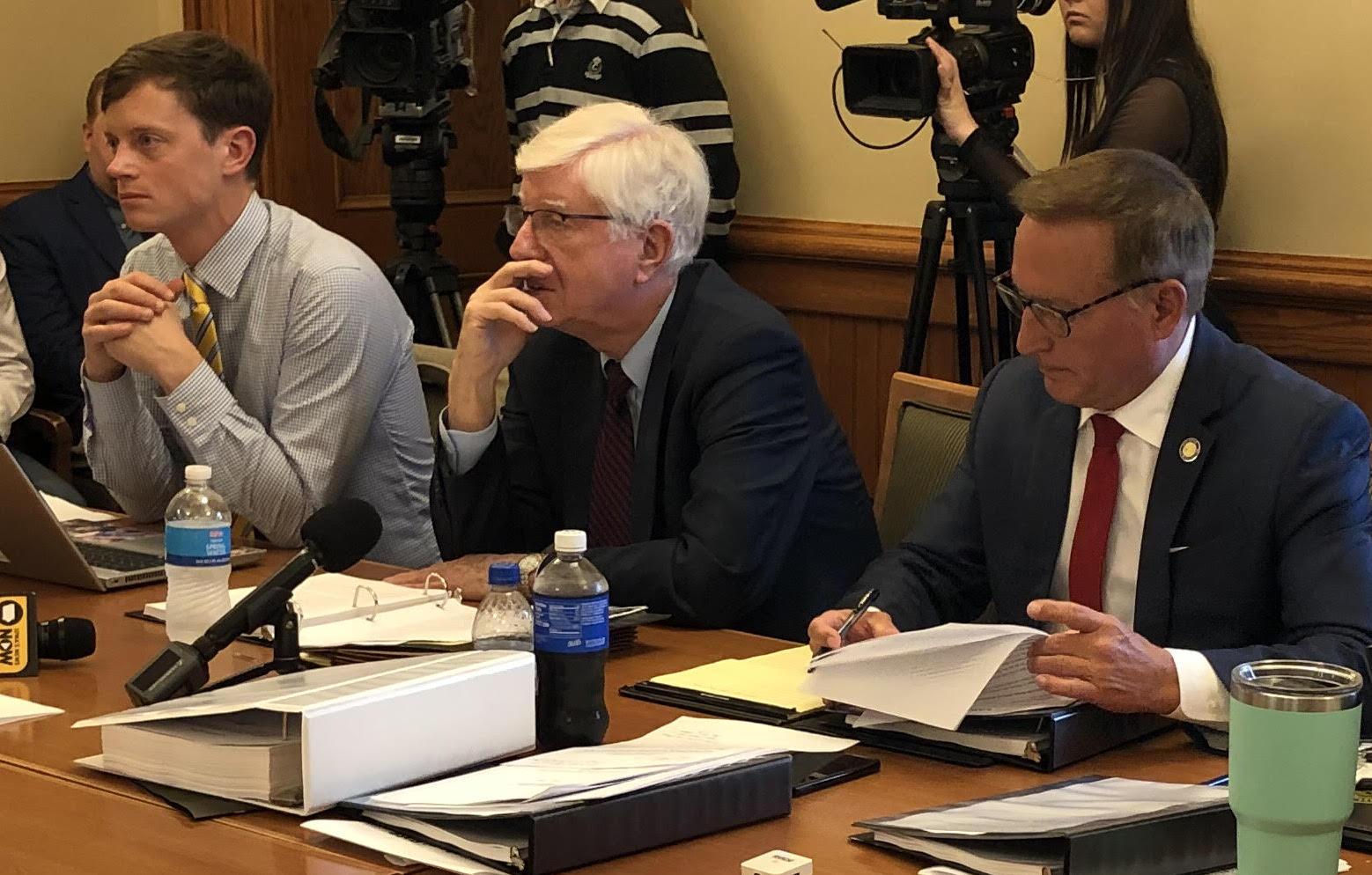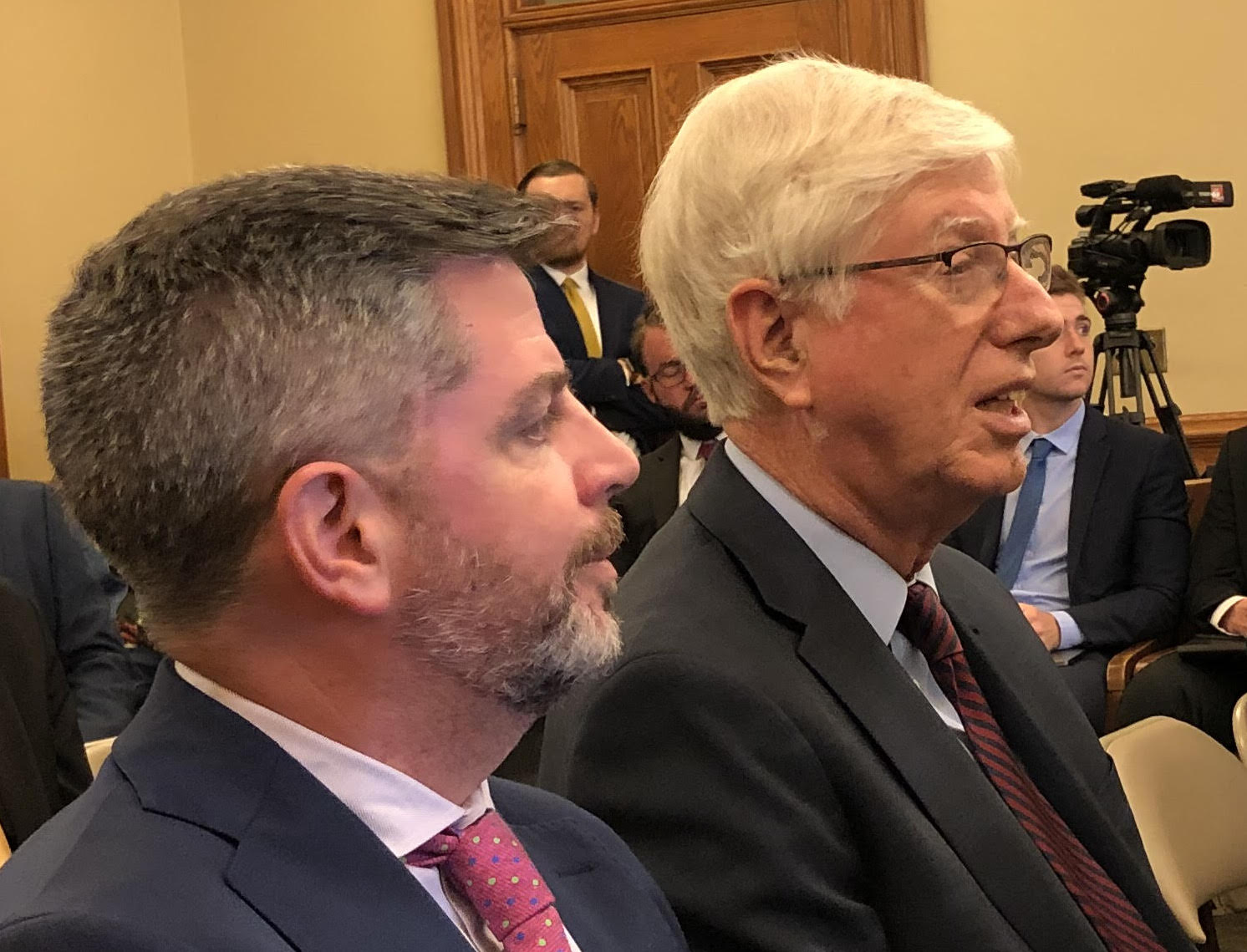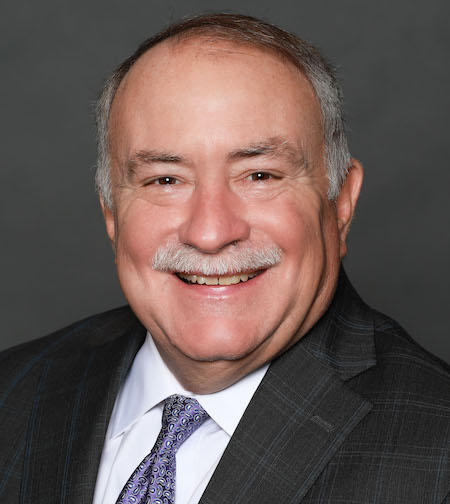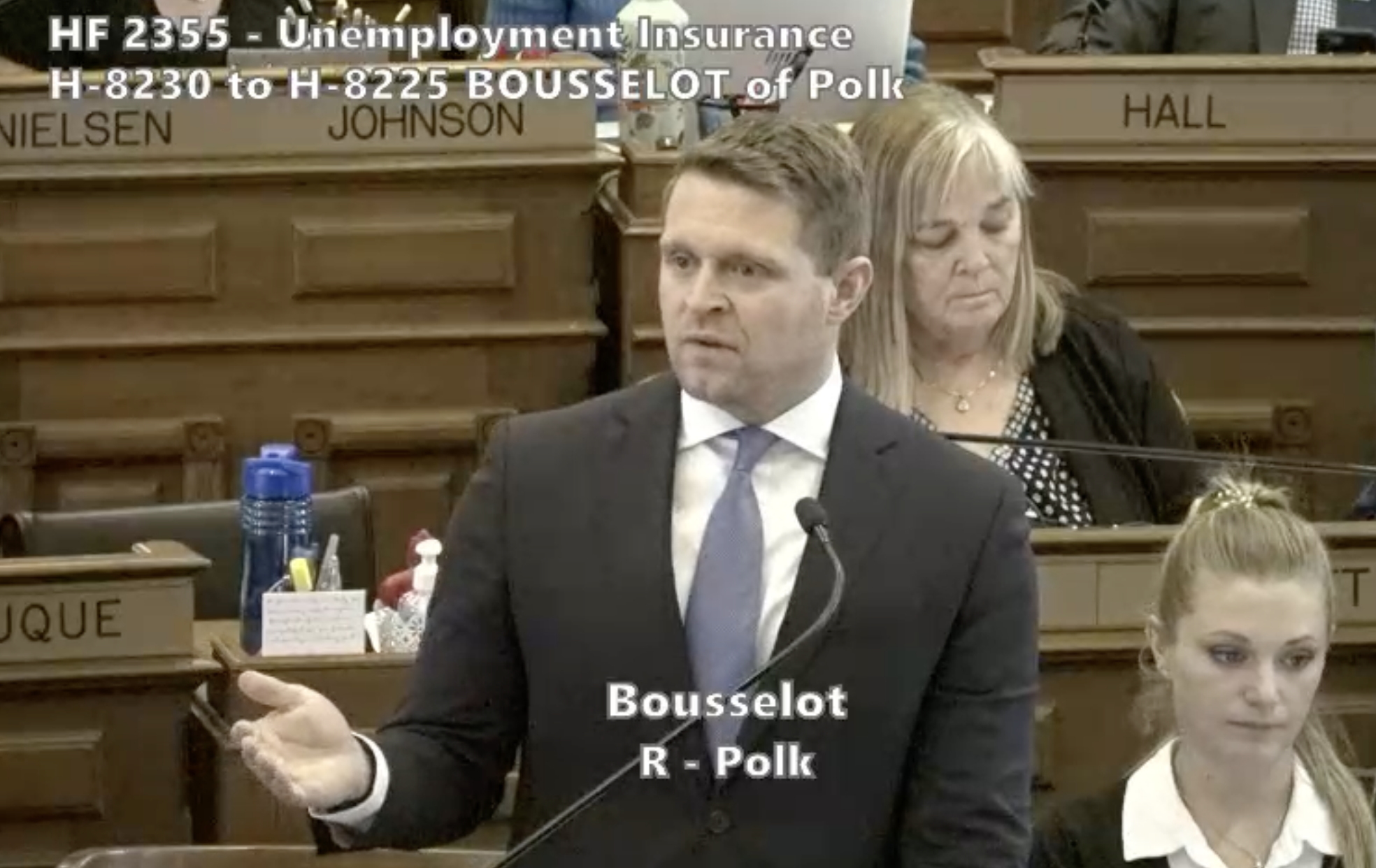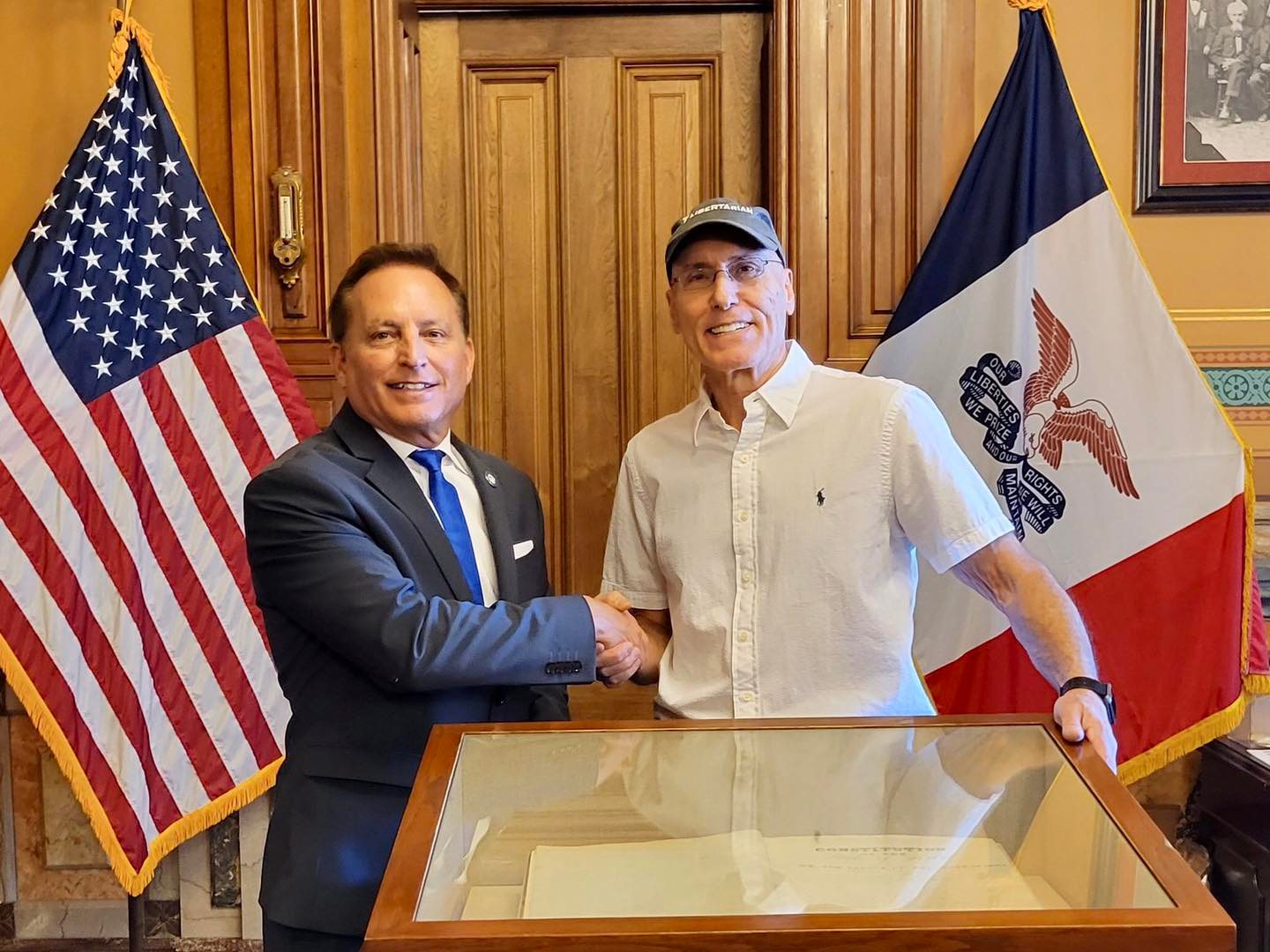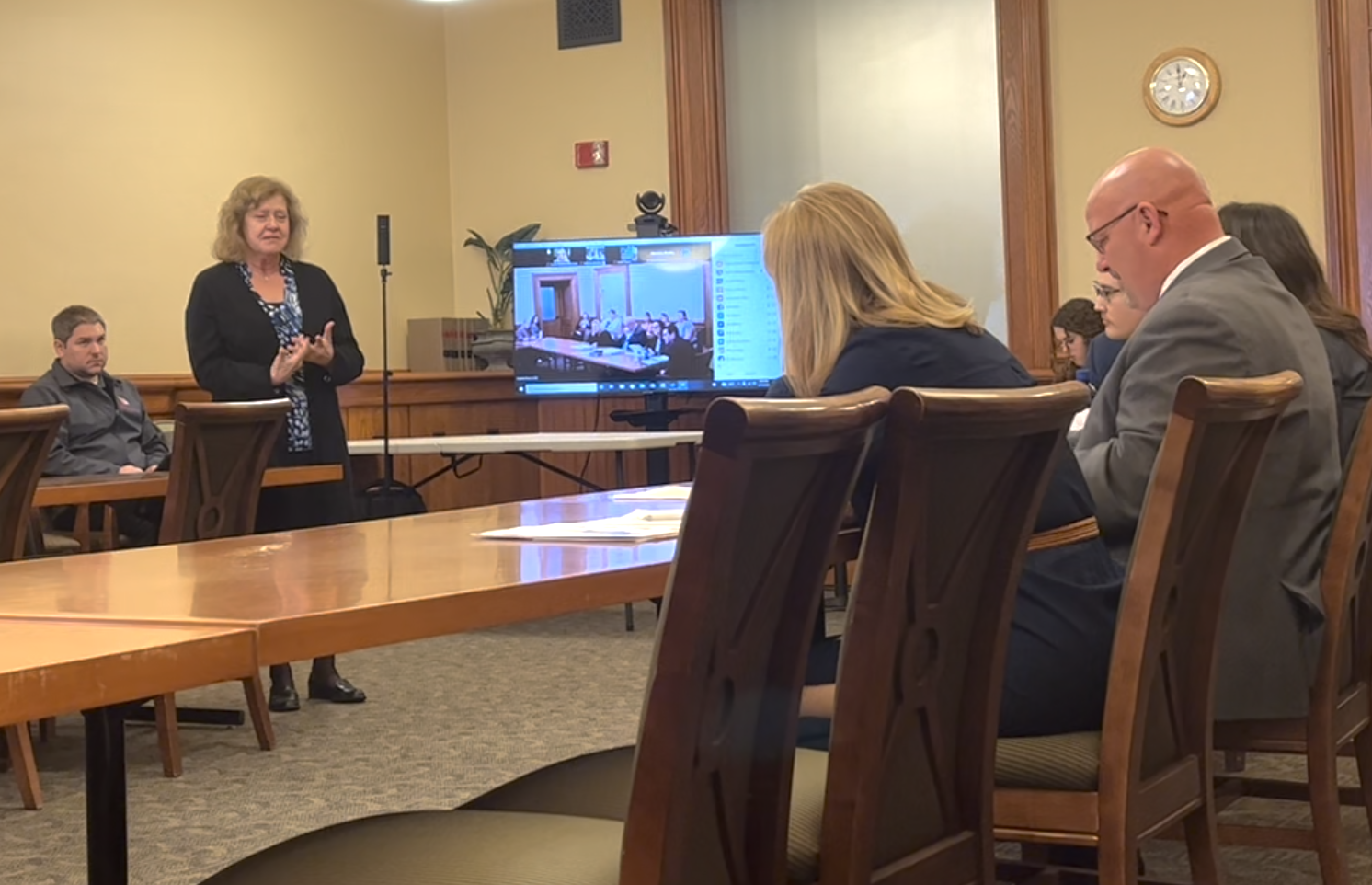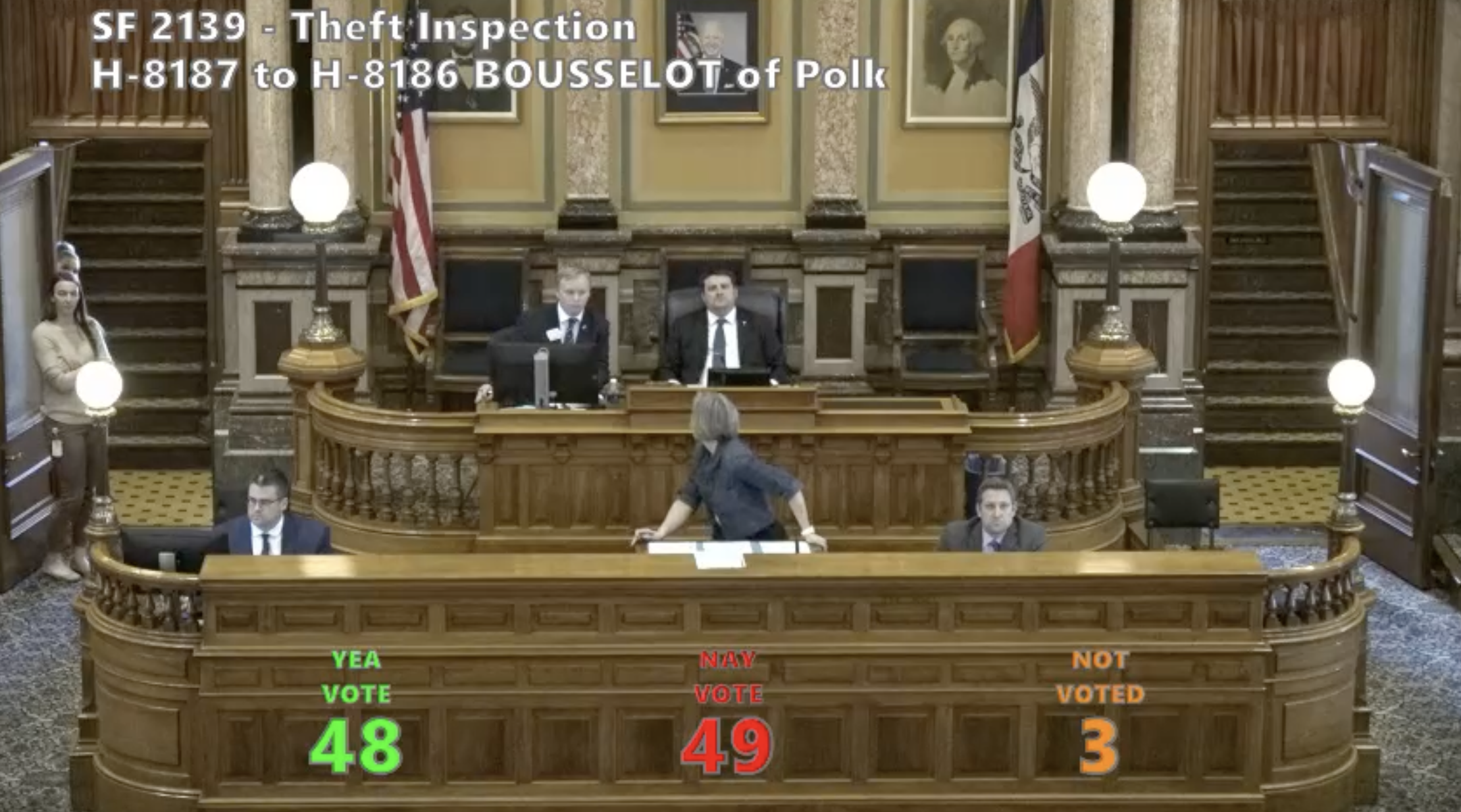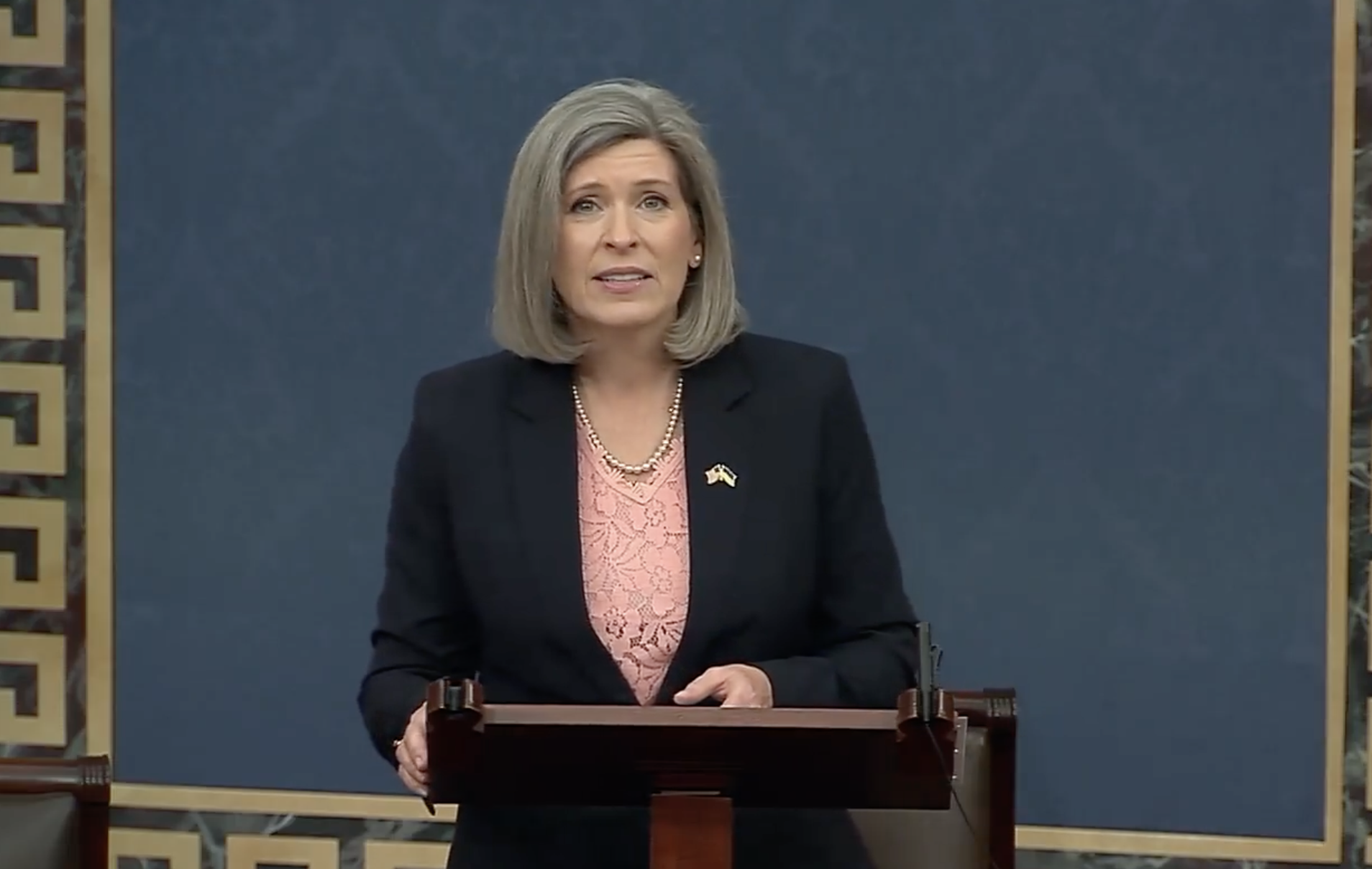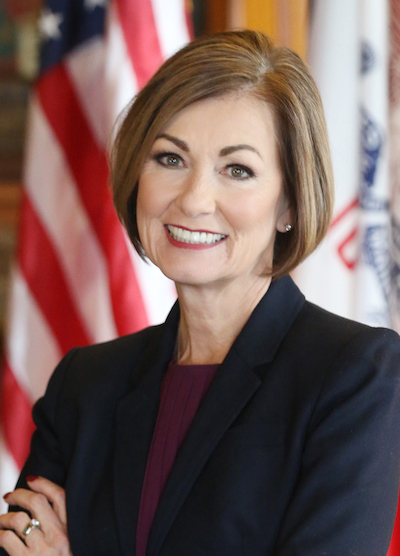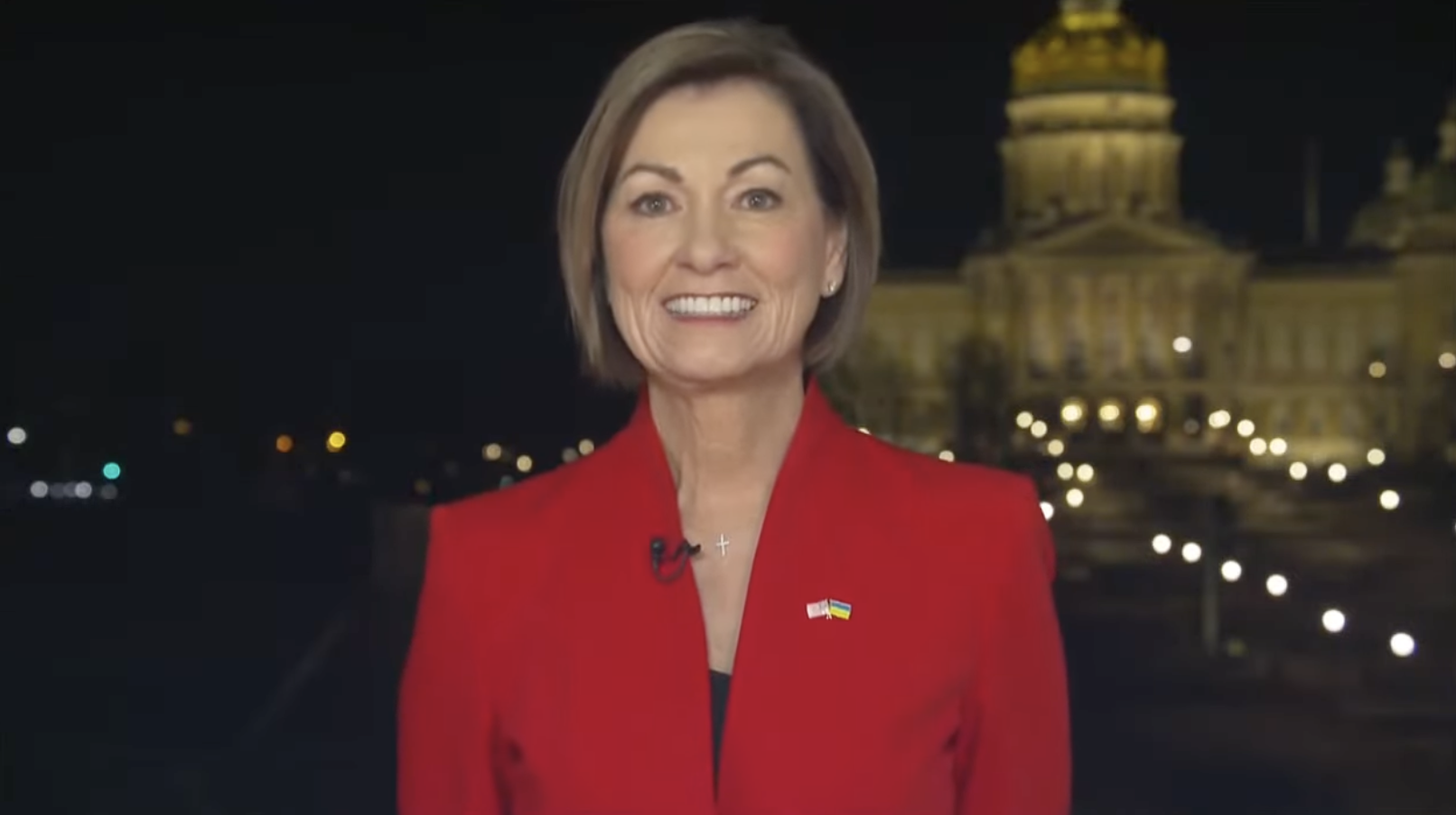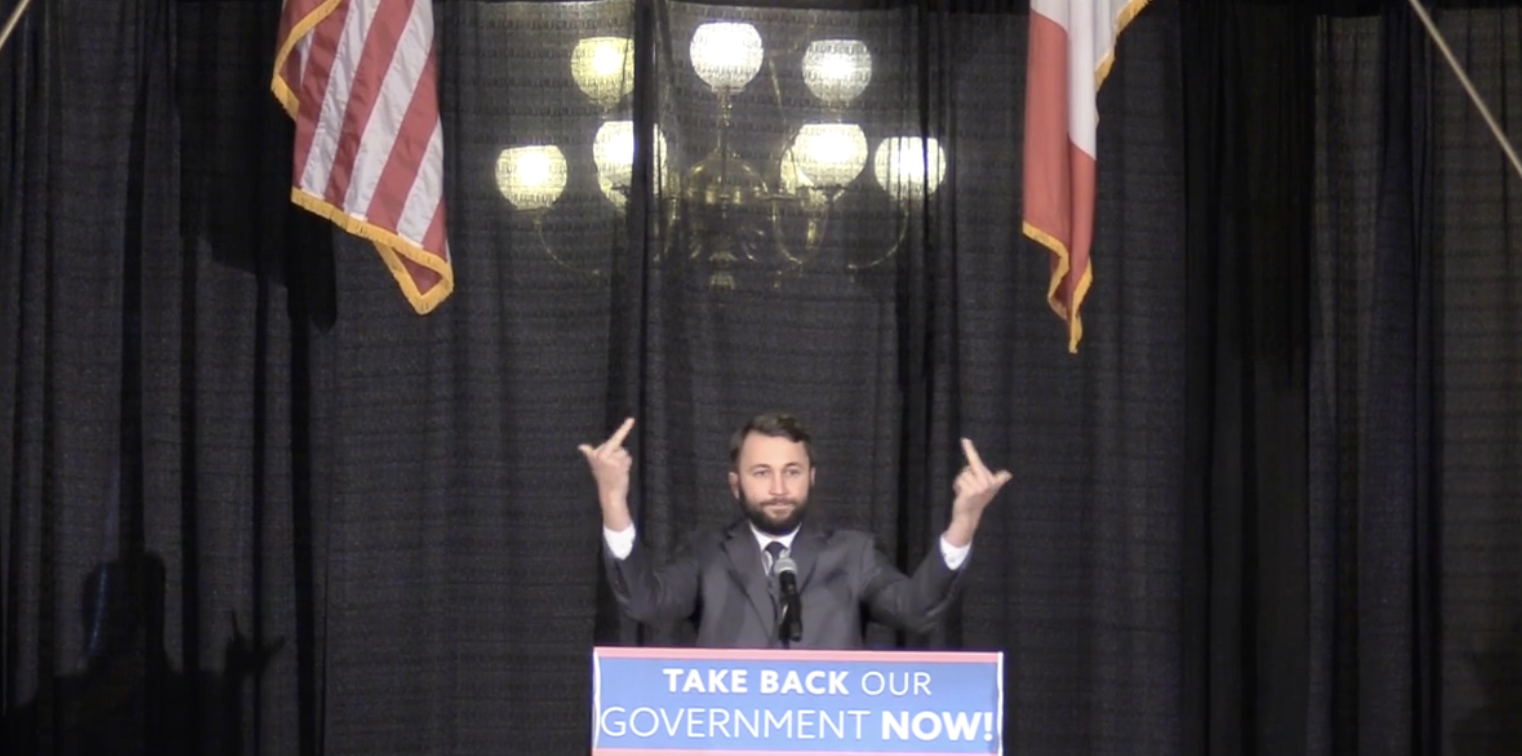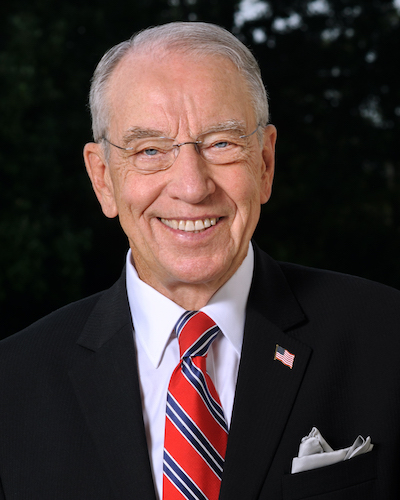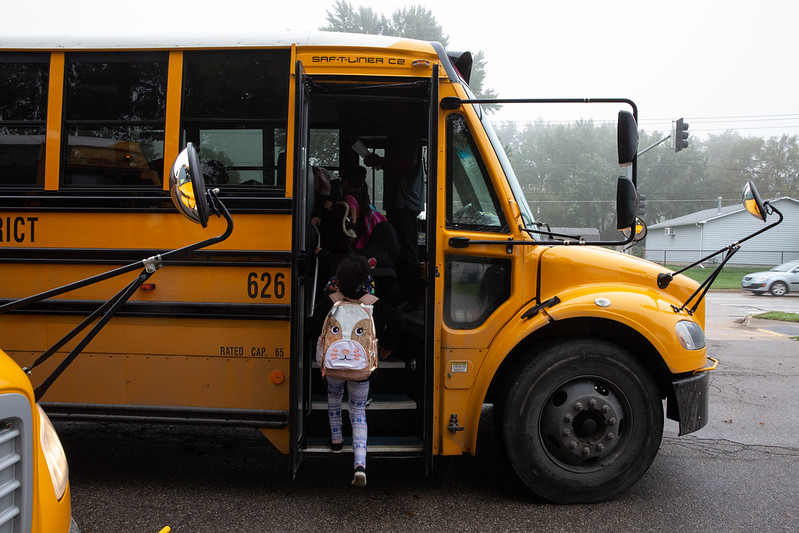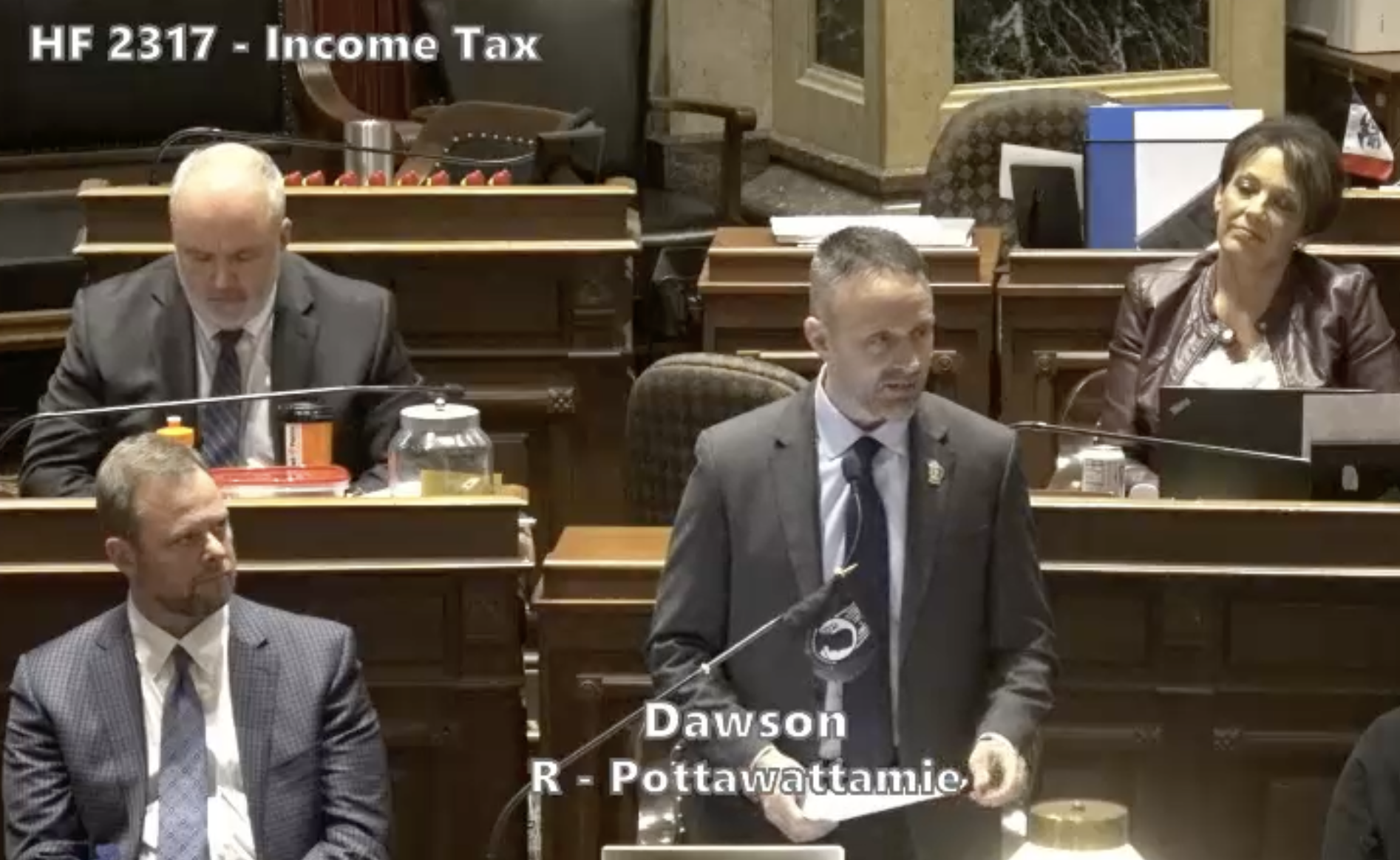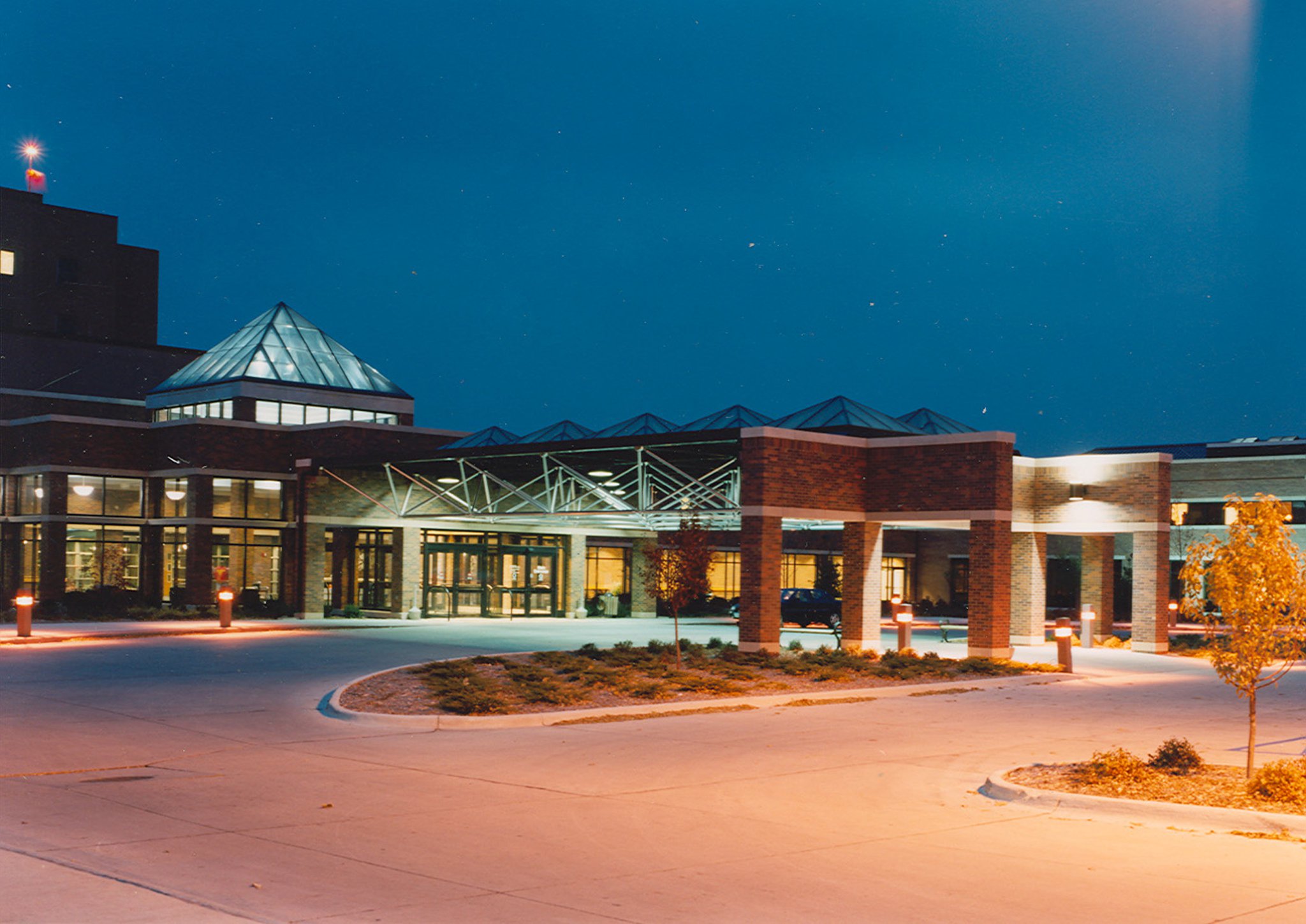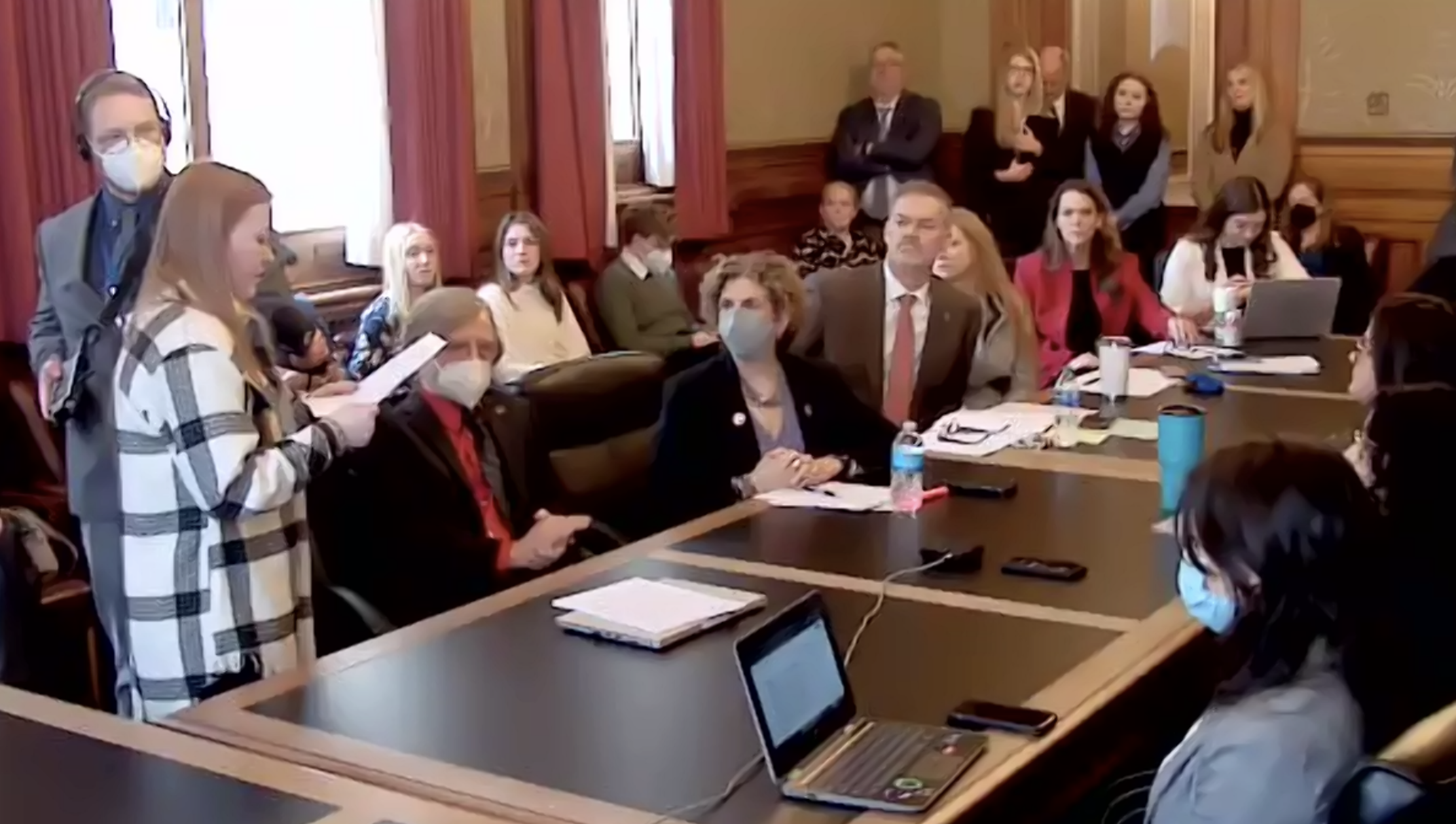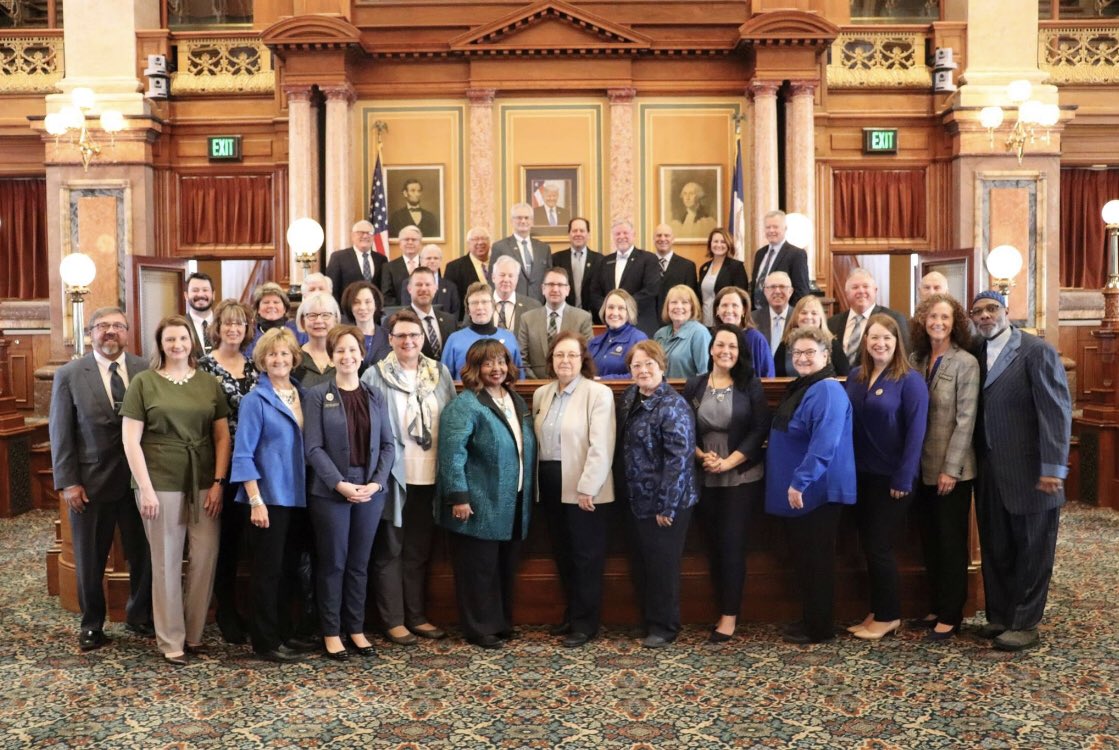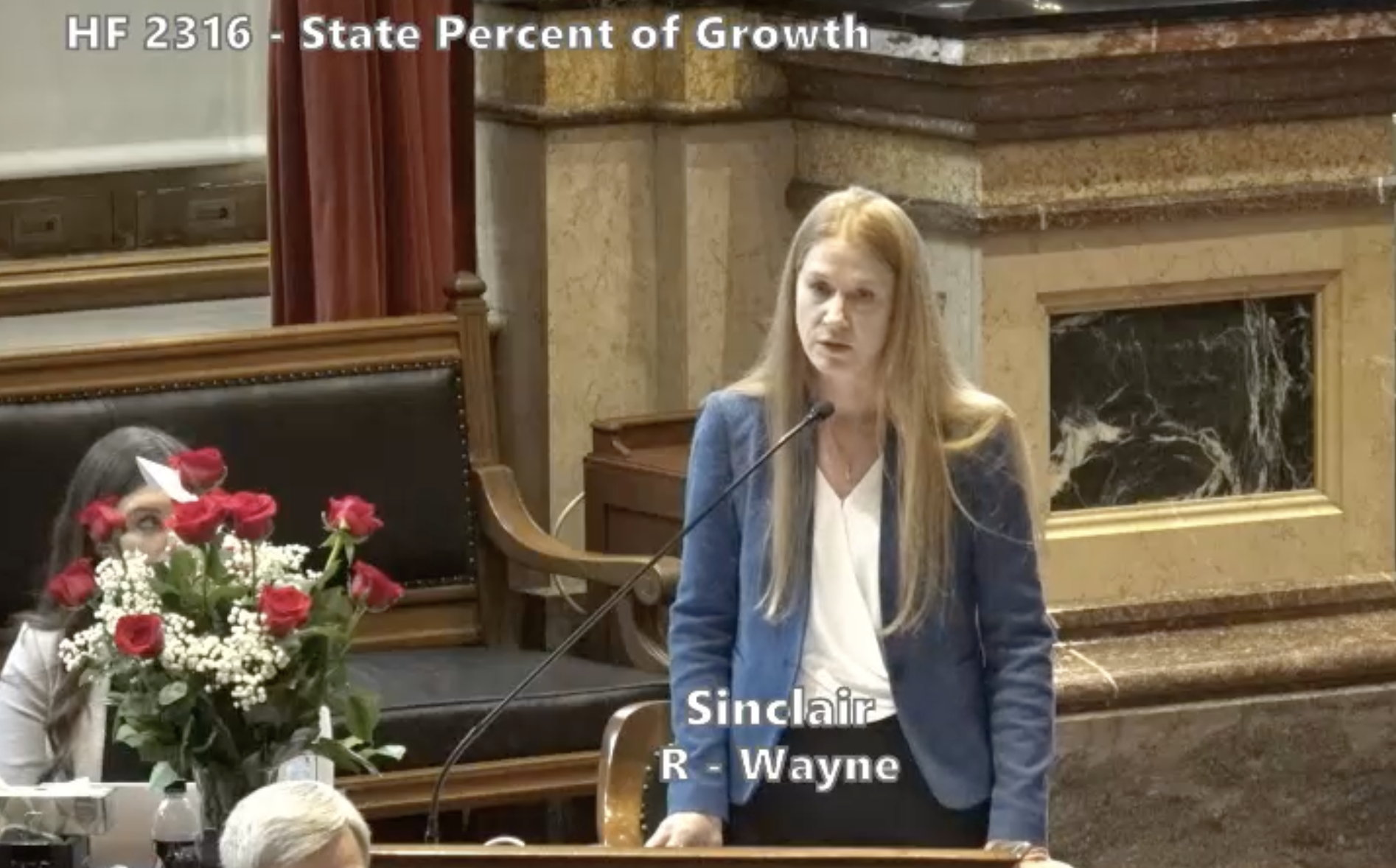Like many, I’ve been consumed this week by the horrifying news of the Russian invasion of Ukraine. Although Vladimir Putin and his hostility to democracy occupied a lot of my head space in my “past life” covering Russian politics, I never imagined all those years ago that he would go so far as to annex Crimea, let alone launch a full-scale assault on Ukraine.
Foreign policy and military strategy are not my areas of expertise, so I have no insight on how Putin imagines he could benefit from this invasion. Even if he manages to install a puppet government in Kyiv, how will Russian forces maintain control of Ukraine, and how will the Russian economy weather the crushing sanctions? What’s his endgame?
I reported extensively on Putin’s rise to power in late 1999. Russian President Boris Yeltsin had appointed the virtually unknown security official as prime minister that August. But Putin didn’t become popular until a few months later, through a military campaign in the breakaway Republic of Chechnya. The Russian people broadly supported that war, in part due to slanted media coverage, and also because of apartment bombings (that may have been instigated by Russian security forces) and widespread racist attitudes toward Chechens.
Perhaps Putin hopes to replicate that formula for his political benefit. But I find it hard to believe that any significant share of the Russian population support all-out war against Ukraine. Who really believes that a country with a democratically-elected Jewish president needs to be “denazified” by force?
It’s been more than 30 years since I visited Ukraine’s beautiful capital city and the Black Sea resort town of Sochi. For that matter, I haven’t visited Russia in more than two decades. Even so, I’m heartbroken to see the avoidable loss of life on both sides. Please spare a thought for the citizens of Ukraine—whether they are Ukrainian- or Russian-speaking—because I don’t think anyone outside the Kremlin wants this war.
Most of Iowa’s leading politicians reacted to the invasion on February 24. I’ve compiled their comments after the jump.
Continue Reading...




